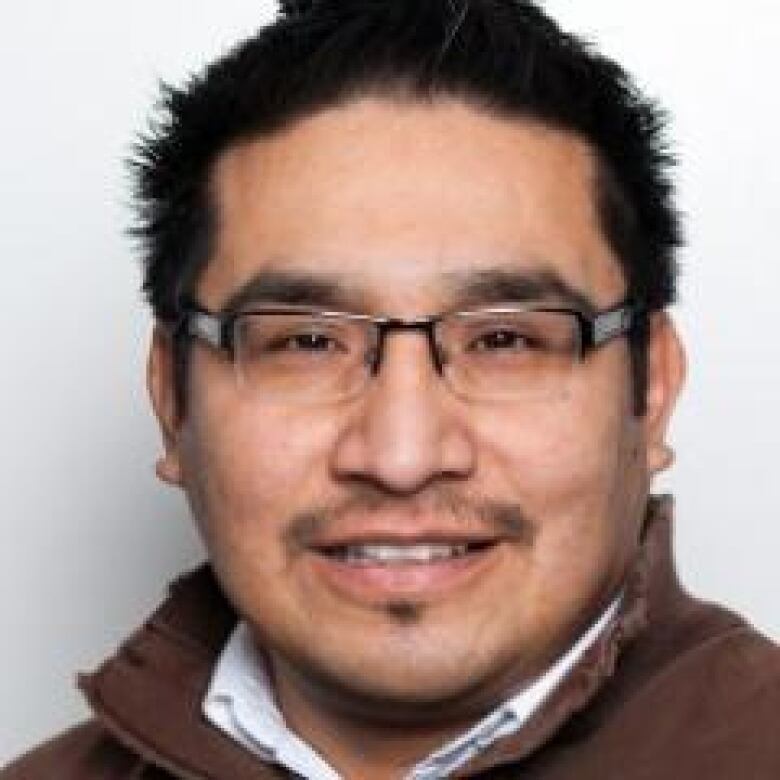Nishnawbe Aski Nation declares health emergency over 'atrocious treatment'
Inequity of health and health-care services causing crisis, northern Ontario First Nation says

"It is atrocious, the treatment of our people,"said Sol Mamakwa, the health director for the Shibogama First Nations Council.
People in remote First Nations are routinely denied access to health care by Health Canada's non-insured health benefits program, Mamakwa said.
Mamakwasaid Health Canada denied 17of 22 children under seven access to a pediatrician, even though they were referred by a doctor because of developmental issues.
"That's just oneexample,"Mamakwasaid. "We need an investment and an intervention plan for the treatment of our people" from both Health Canada and Ontario's Ministry of Health.
- Auditor general finds major problems in First Nations health care
- Bad water in First Nations leads to high rate of invasive infection, doctor says
- Rheumatic fever rates in some Ontario First Nations 75 times higher than rest of Canada

First Nations people live in a "jurisdictional black hole" and it's time to change that into "jurisdictional responsibility," he said.
TheNishnawbeAskiNationand theSiouxLookout Area Chiefs Committee on Health declared the public health and health emergency in Toronto.
Urgent and long-standing issues
The declaration is "to address urgent and long-standing health issues caused by the inequality of health and health-care services," according to a media advisory.
Among the recent health concerns in the area:
Rheumatic fever
People living in remote First Nations north of Sioux Lookout, Ont., are experiencingacute rheumatic fever at a rate that is among the highest in the world, according to new research from the College of Family Physicians of Canada.
Researchers identified eight cases of acute rheumatic fever among25,000 patients in the region during a recent 18-month period ending in March 1, 2015. That marks an incidence rate of 21.3 per 100,000 or 75 times greater than the overall rate in Canada.
Invasive infections
Bad water and inadequate housing are leading to a "dramatic increase in invasive disease" in First Nations north of Sioux Lookout, according to research published in the Canadian Journal of Rural Medicine.
Northwestern Ontario,home to 10remote First Nations that haven't had safe tap water in more than a decade, is seeing one of the highest rates of community-associatedMRSA(methicillin-resistantStaphylococcusaureus) in Canada, the study said.
Limited access to health care
Health Canada provides health services on reserves. None of the First Nations north of Sioux Lookouthave resident doctors and people rely on nursing stations for their primary health care.
An auditor general's report in 2015 showed only one of 45 nurses surveyed had completed the mandatory training courses and that nurses sometimes work outside their legislated scope of practice.
The report also found that Health Canada had not assessed the capacity of nursing stations to provide essential health services.












_(720p).jpg)


 OFFICIAL HD MUSIC VIDEO.jpg)
.jpg)



























































































